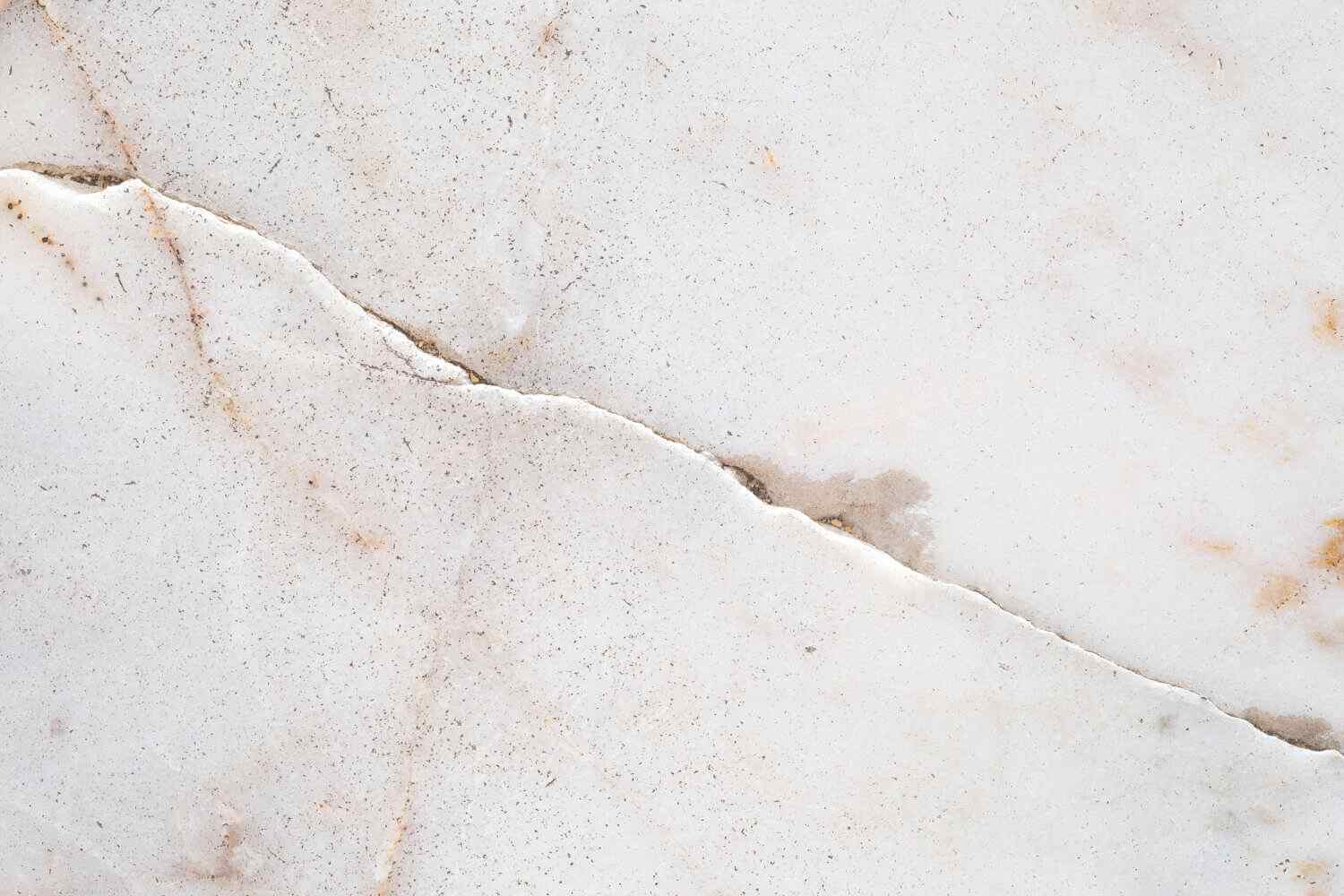If you can’t afford a professional repair, leave your countertop alone! Some have had success with epoxy and acrylic patching materials, but when things go wrong, people say they are left with a countertop that looks worse than before they attempted a patch.
The Manufacturer Says
Silestone countertops are easier to care for than ones made of natural stone, which is porous and therefore subject to staining. Though Cosentino (parent company of Silestone USA)offers a 25-year limited warranty against manufacturing defects, the warranty does not define what those might be. It does say that it won’t cover cracks of any kind because Silestone will not crack “unless an external force or interaction causes the crack such as impacts, uneven cabinets or flooring, structural settling or movements, thermal shock from the use of crockpots, skillets or other hot items placed directly on the Silestone Surfaces, improper installation or other conditions in the home that may cause the Silestone Surfaces to shift.”

Causes of Cracks in Countertops
Cracks develop due to structural stress in the home. If a cabinet base on one side of a countertop shifts, that will cause a crack. Or cracks can be caused because of heat on one side of the counter caused that section to expand more than the countertop material on the other side of the corner that wasn’t heated. There is more push-pull stress where countertops form an L than in straight sections, because each leg of the L moves in a different direction.
Repair the Crack
It may be possible to patch the crack, but it is unlikely that the result will be “invisible”, especially if you have a solid white countertop. Patching is “doable” but no one can guarantee that it will be 100% effective or blend in perfectly. Variegated colors make patches easier to hide on quartz, engineered-stone countertops. There is no repair information from the manufacturer. Some Silestone fabricators say the material can’t be repaired, but there are a few pros out there that can do it. Unfortunately it won’t be cheap, plus you need to address the cause of the crack. Otherwise, the same problem will happen again.
If you try it on your own, you need to use a special epoxy and coloring ingredients. There are two types of fillers. Some are epoxy-based, while others consist of two-part acrylic mixtures or light-cure acrylic. Look for products that have numerous reviews and a high overall rating, and read through the negative reviews and deep into the descriptions and instructions to ensure you get a patch material that gives you the best chance of success. Then you need to polish the surface after the epoxy cures to get a finish that matches the surrounding countertop as closely as possible.
Cracked Countertop Conclusion Revisited
If you can’t afford a professional repair, leave your countertop alone! Some have had success with epoxy and acrylic patching materials, but when things go wrong, people say they are left with a countertop that looks worse than before they attempted a patch.
These are so frustrating!